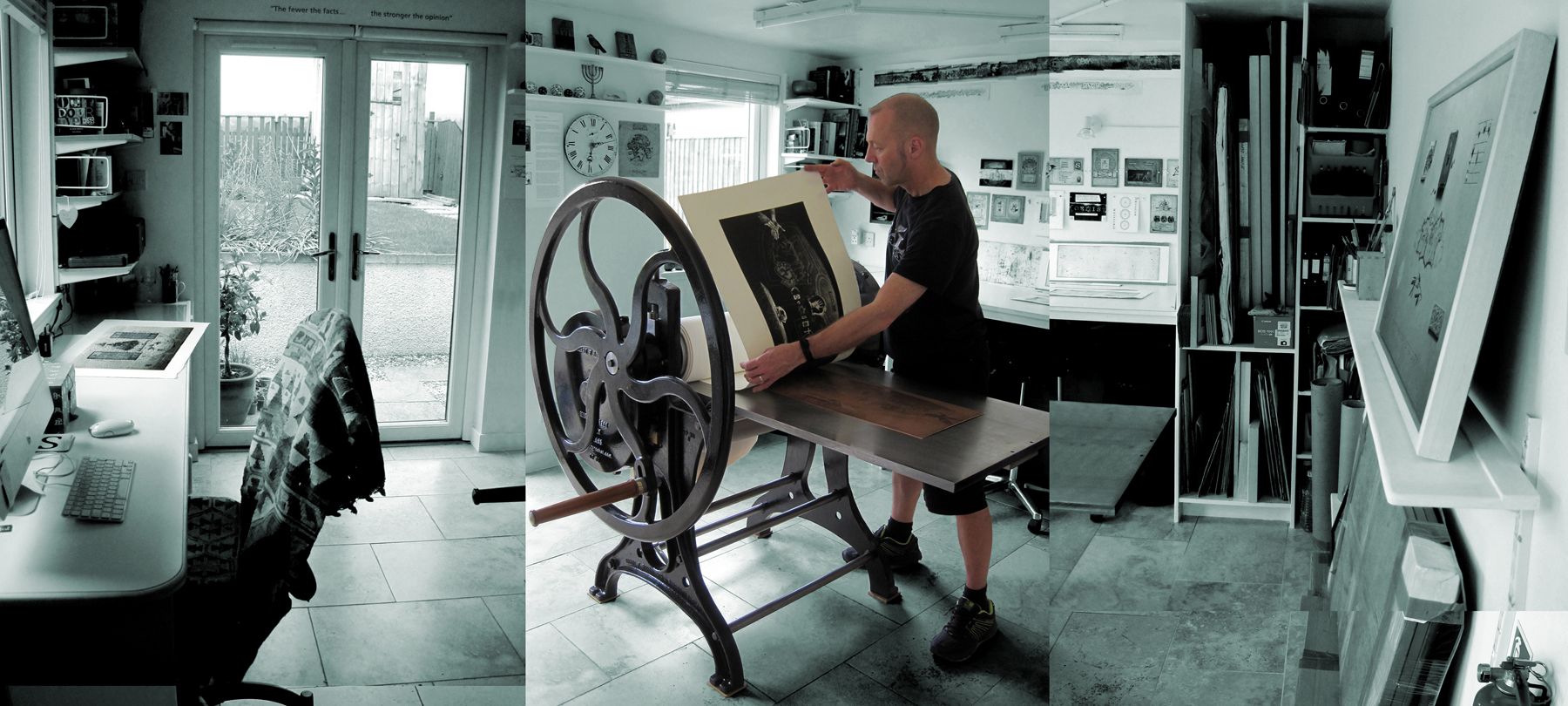At which point in history does the conflict in the Middle East have its beginnings?
We can go back centuries, millennia even as each successive civilization puts down its roots in the land, laying the foundations for claim and counterclaim for generations to come. As soon as we untangle one part there is another layer of tangle underneath. So how far do we go back?
In the past I have always looked back to the dawn of recorded history in the Middle East but in fact I actually believe this question to be both unhelpful and inappropriate. Backwards is no way forwards. Over the centuries there has simply accumulated too much wrong and too much right on all sides to make any clear cut moral case for, or against any party being in the right or not. Too many "peoples" now have a cultural or ancestral claim on the land. If making a Divine claim on the land, lack of consideration for others can easily lead us into a "my god is bigger than your god" scenario, which then makes God into an agent of human endeavor.
So what is the way forward? There are two key words that govern my attitudes to, and actions within the Middle East whether at home in Scotland or Jerusalem. Two words, "compassion" and "coexistence".
To have compassion for someone is to show concern for putting someone else's well-being on a par with our own. It is a recognition that everyone has the right to basic human dignity and it challenges our willingness to offer it regardless of whether we see it as deserved or not.
Although we may have "rights" regarding certain issues, and we may be perfectly within our "rights" to exercise them, the compassionate response is to consider the well-being of others in the light of our "rights". Their well-being and our rights may actually be in conflict with each other. I have seen this in Glasgow and in Belfast where parading/marching through a particularly sensitive area of the city is "our right". But is it actually the right thing to do, if it’s provocative and antagonistic? Is it a compassionate response? Is it not one of arrogance that says “this is my right and you are going to have to live with its consequences”?
Which brings me to the second of my two key words. Coexistence. A few years ago, on a gable end wall in west Jerusalem I saw a work of graffiti art that said "just forgive". It’s easy to say but in reality much more difficult to do. Fundamentalists, whichever side they are on will have difficulty with this and they will see only the rightness of their own world-view, and in more extreme cases the wrongness of everyone else's. In reality the alternative to forgiveness does not even bear thinking about.
Although it may not be easy or even desirable to forget (lest we repeat our past mistakes), it is possible to forgive. Within a conflict, this can begin to happen when at least one of the sides realises it can, and must, let go of exclusive claims on mistreatment, persecution and suffering. Having the courage to recognise that others have suffered too, is the start of putting the well-being of such others on a level with our own.
Recently I saw the gable end wall has now gone and with it the graffiti art. Let us help its message survive.
- Stuart Duffin RSA, Jerusalem/Glasgow 2017
/ / /
Exhibition open Monday - Saturday, 9am - 4:30pm
Private View: Friday 21 April 2017, 5pm - 8pm

